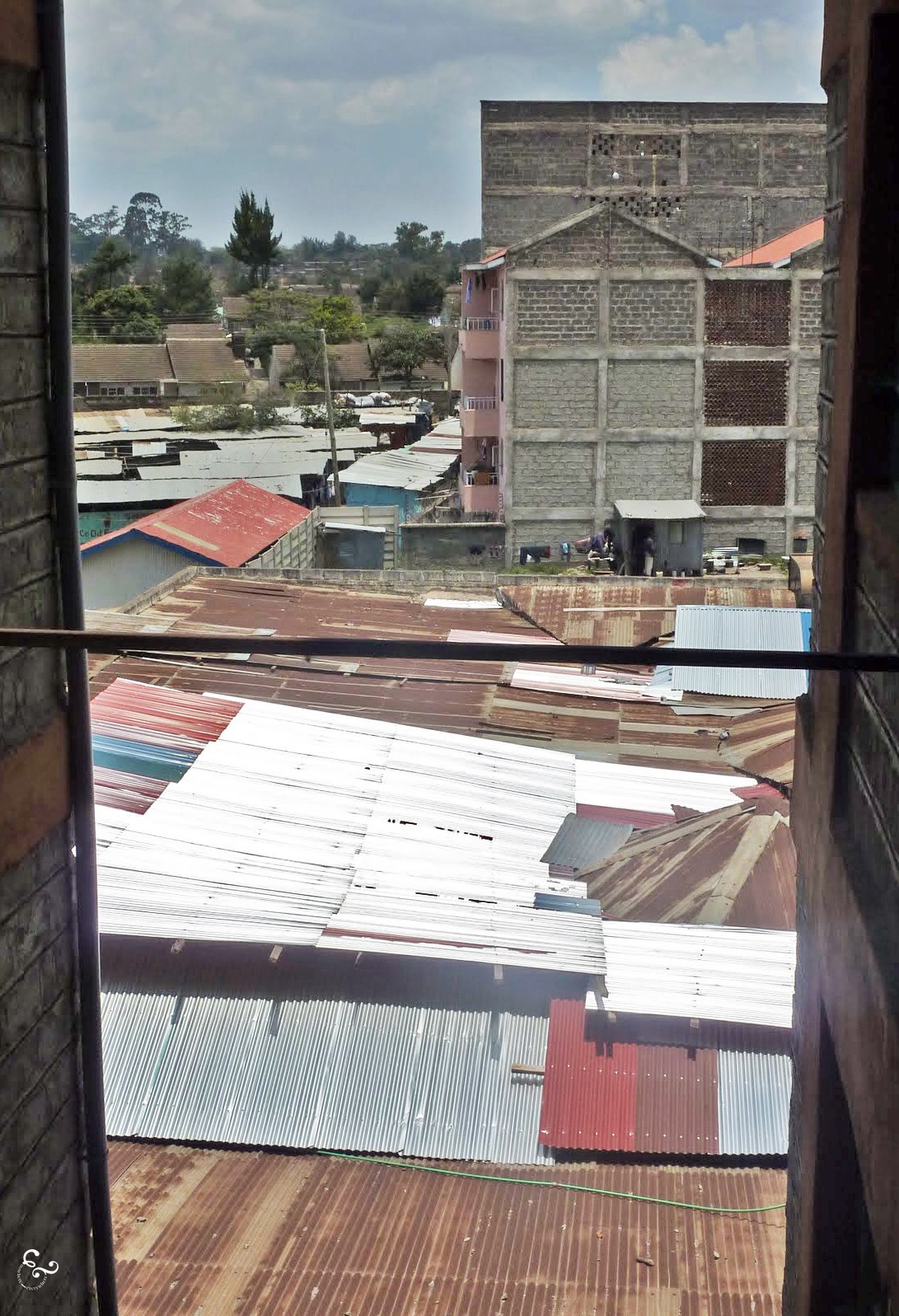When I lived in Nairobi, Kenya I lived in a lower-economic area in a small space. I spent a lot of time on my own there and each new person at my door was a curious adventure (and I to them, a curiosity). One day a guy came around and explained he could collect my rubbish for a few pennies. I had been wandering what I was supposed to do with it and an entrepreneurial pursuit solved it. He took the rubbish from the homes around the area, collected some money and removed the most valuable components before taking it to the tip. At the tip, hundreds of people scoured through the waste to collect copper, bottles and other items that could be recycled or sold. Despite the horrendous working conditions (and many other issues with a system like that) it is often far more effective than what developed countries, like Australia, have in place.
Kenya coincidentally also just placed the most extreme ban on plastic bags (seemingly including plastic food wrapping) in the world (four years in jail or a $40,000 fine) for the manufacturing and use of them.
It surprises a lot of people to learn that one of the cleanest countries I have ever been in is Rwanda. Rwanda essentially conducts a country wide clean up day every Wednesday (this is of course laughable to other countries who do it once a year) and, for many decades, have adopted an education of cleanliness and waste from a young age. One that now nets them an extremely clean country.
Conversely, I have spent a lot of time living in Asia and I’ve been to Bangkok so often that I’m one of the few people (seemingly) who absolutely loves spending time there. Whenever I talk about Asia though I frequently hear “but it’s so dirty”. And when people talk about Perth in Australia they often say “it’s so clean” (I’d argue a bit too much like a mental institution but that’s another debate).
They’re correct. Asia is a lot dirtier, in the sense that there is a lot more rubbish around and a lot more scuffs & marks across the streets, than other developed cities.
It’s pretty clear why when you spend time living there. Most places just don’t have the government services required to keep up with all the waste, garbage disposal and landfills. On top of that most places also had western material introduced (i.e. diapers & plastics) and they get thrown where the natural products once were fine to decompose (in riverways, streams and oceans). In many western countries the water will carry these away out far into the sea, or get cleaned up along the river beds. In Asia with their booming populations alongside clogged rivers, it piles up and all of our rubbish also washes up on their shores.
If you live in a ‘clean’ place in a developed country it’s likely that your local government takes care of your rubbish. But is that really a good thing? Sure you don’t have to deal with the smell & sight of it, but that’s precisely the issue.
You don’t have to deal with it.
Out of sight, out of mind.
Forcing us all into a situation where we have to deal with our rubbish means we need to acknowledge the problem – something we’re not currently very good at doing. Throwing ideas around of implementing transparent bins is one thing, but how about just stopping waste services for a month? Most of us would instantly recognize we have to majorly cut down on our waste to manage the problem.
Moreso, the taking up of services by your government means a lot of it is also invisible. Are they actually recycling what they should be? Take a look at this investigation in Australia for example and you can see that recycling, away from the view of the public, can be a farce.
In Australia, it has even proven particularly difficult to get households to seperate items into two bins – a stark contrast to Japan and Europe whom often have 5 to 8 bins for seperate materials and successfully recycle.

So when so much of waste management stems from design failures and the consequence requires behavioural change, cultural change and innovative thinking, we should be drawing this into the public more and more rather than taking it further & further away from it.
Yes some places in Asia may be a lot dirtier than you’re used to. Yes they need to get significantly better at dealing with this issue. But don’t be fooled your country has it sorted. It’s just wreaking havoc on communities outside your own.
SaveSave

